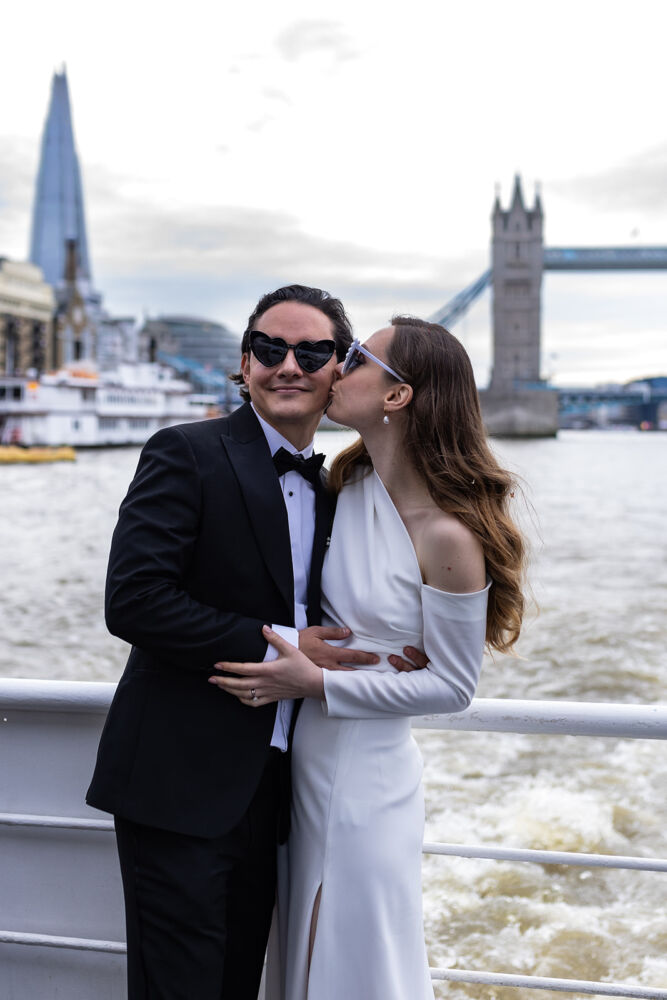
Wherever I look, a natural or vegan product is staring me in the face, and an organic one is chasing me in every store (be it online or on the high street). But which one should I go for? If you’re asking yourself the same question you have already made a positive first step towards a more conscientious approach to beauty shopping.
Let me attempt to shed some light on this complicated matter. It’s a very complex subject but I’ll cut to the chase and begin by providing you with some of the most important (in my opinion) information.
Vegan means that the product does not contain any animal products or animal-derived ingredients. The most common of these are eggs, milk, honey, lanolin and carmine. However, don’t assume that a product labelled as vegan means it is natural and organic. This is a common misconception. A vegan product may contain ingredients made from petro-chemicals which means it potentially has a negative and destructive effect on the welfare of animals as well as the environment.
Natural – when it comes to beauty cosmetics, there is no legal definition of the term natural, but what it usually means is that the ingredients are naturally sourced. So can we assume that a product labelled as natural is completely safe and non-toxic? Well no, not always. I know – it is very confusing! Let’s attempt to make it a bit clearer – crude oil is a natural product but its extraction is harmful to the environment and animals, and petro-chemicals used in beauty products can be harmful and toxic to people.
Organic – this is arguably the most regulated term – or at least organic product certification is the most tightly regulated. There are a number of internationally recognised organisations awarding organic certification, including The Soil Association, Ecocert and Natrue. The required standards to achieve certification are pretty high and require no animal testing, no genetically modified organisms (GMO) and no synthetic dyes or fragrances. Companies wishing to obtain certification need to evidence a transparent manufacturing process and use sustainably sourced organic ingredients. The Soil Association has a list of accredited organisations on its website https://www.soilassociation.org/our-standards/read-our-organic-standards/
Finally there is CLEAN BEAUTY. Here things get even more complicated! Clean beauty very often means safe beauty – products free from toxins and questionable ingredients such as parabens. However, clean beauty doesn’t necessarily shy away from synthetic or lab-created ingredients as not all of these are harmful to the human body (for example hyaluronic acid).
For me, clean beauty has many levels and I guess everyone can individually define its meaning. We, as consumers, need to recognize what is most important for us when we apply a beauty product to our skin and let its tiny, microscopic ingredients absorb deep into our blood stream. Do we know exactly what’s inside the product? Do we care who made it, and how? What will happen to the packaging? How it affects the world we live in? But let’s not get too caught up in eco-anxiety! Let’s be sensible and aware.
Reading product labels and doing a bit of research will always help. If we were to invest the same amount of time into checking what is in the face moisturiser we’re interested in buying as we do into checking who is in the latest celebrity news – I’d say that’s a good start! If you’re looking for a clean beauty foundation head to my previous post http://bridal.sylwiamakeup.co.uk/sylwia-kunysz-mua-blog/natural-foundations-in-my-pro-kit/



Pingback: Vegan edit to your makeup bag - skbridalmakeup.co.uk